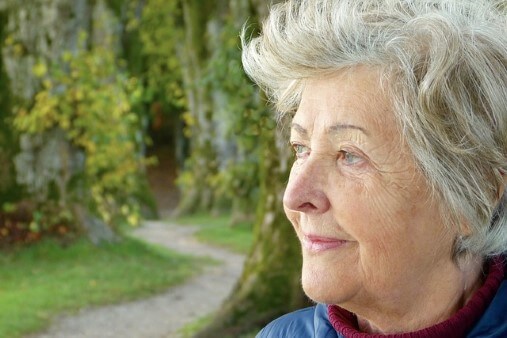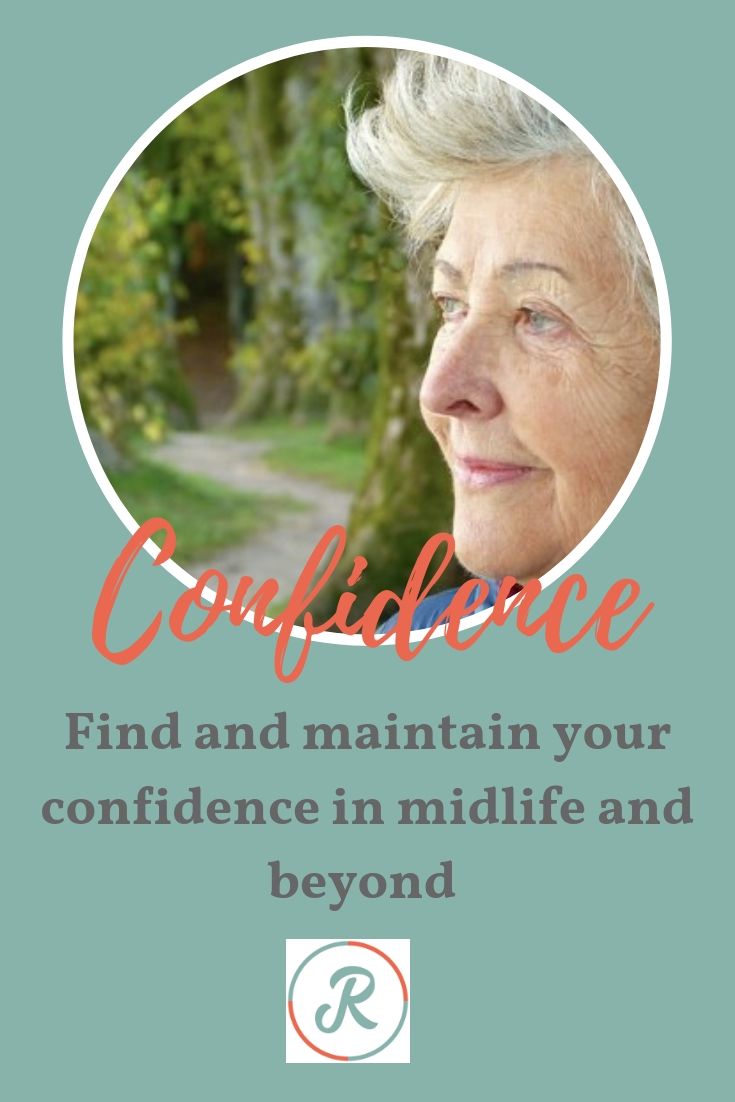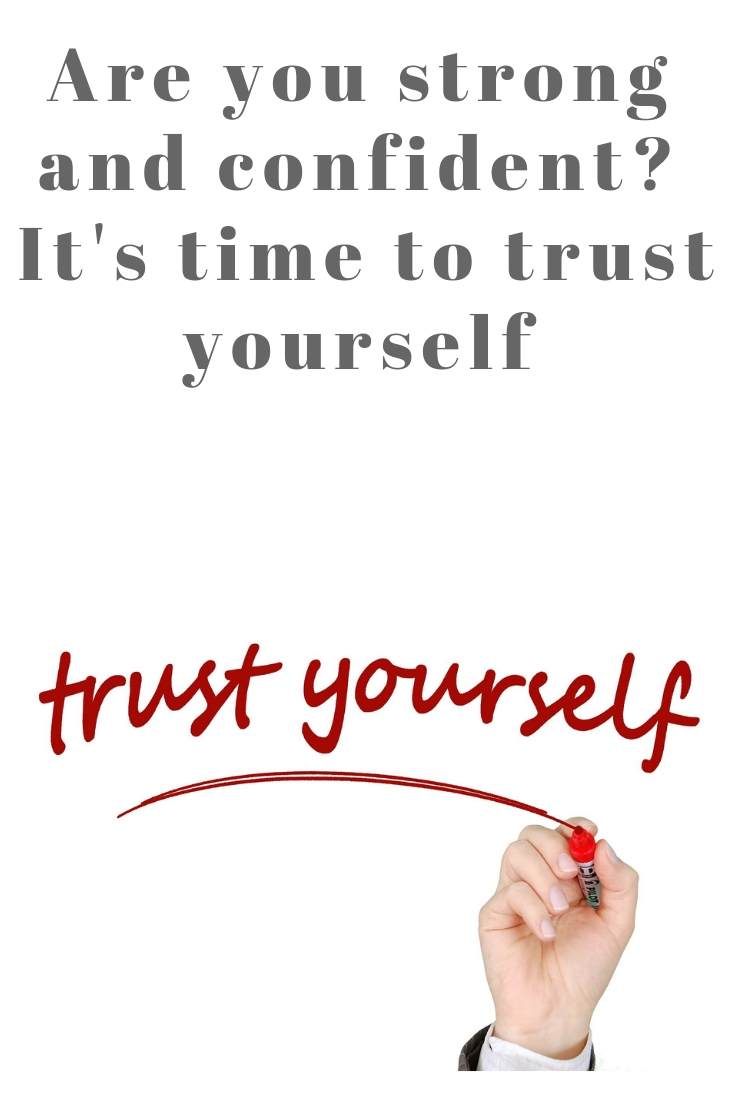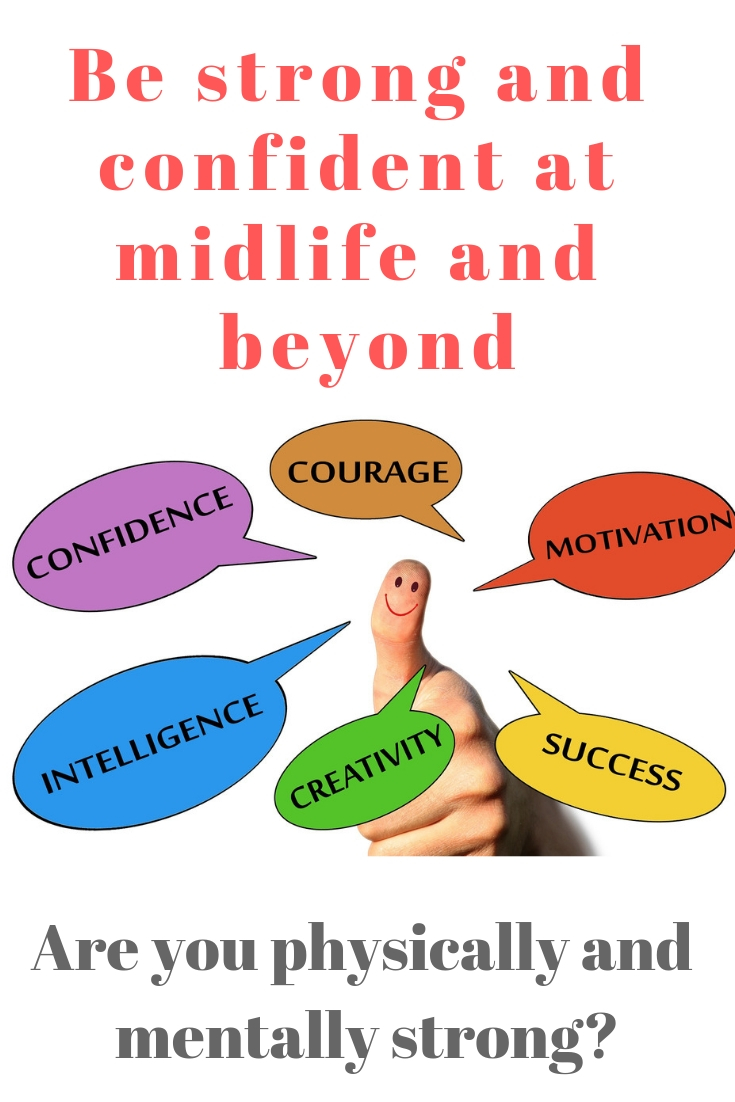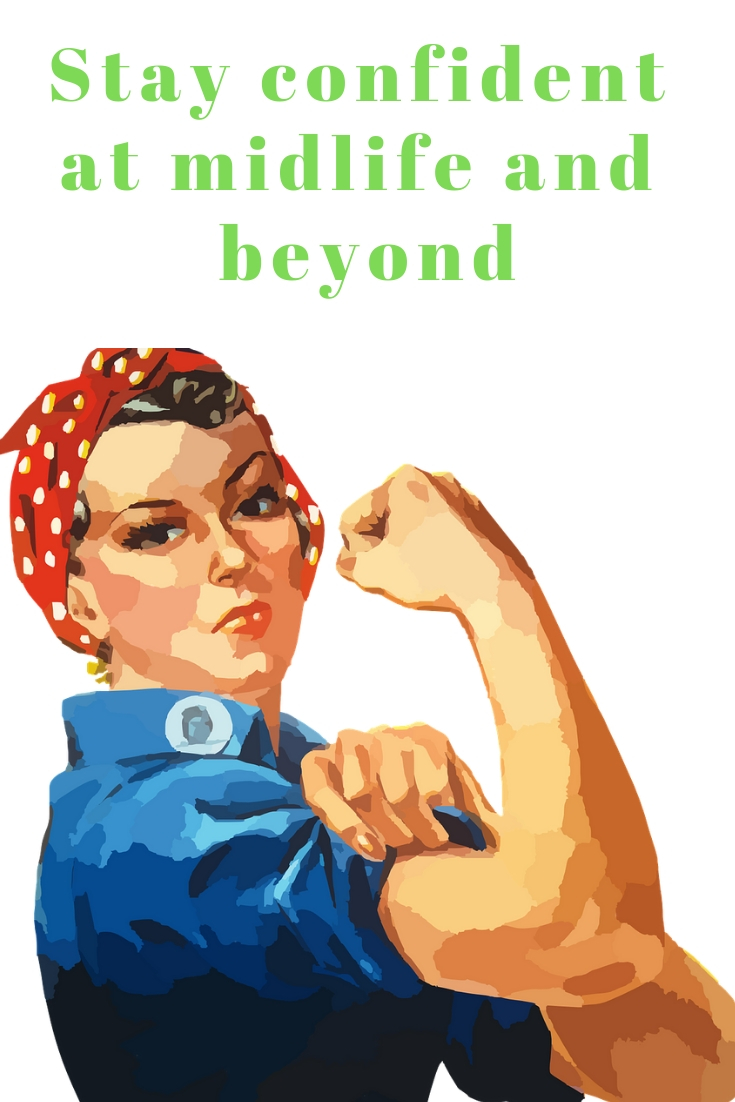Is it a foregone conclusion that ageing can dent our self confidence? Or is it more likely that we might improve our confidence in some aspects but experience a loss of self confidence in other aspects as we age?
In my experience it is more likely to be the latter but the research seems to show very mixed results. I am no academic or researcher in this field so I wonder how much our confidence is impacted by not just age but by our upbringing, our genetics and our nationality, as well as the personal resources we apply to our situation?
And what are the aspects of life which are most affected by our levels of self confidence? Is a loss of confidence in the elderly more obvious in our social skills, our physical skills or our mental skills, or does it vary from person to person? And if we do experience a loss of confidence, what skills might we employ to improve our confidence?
[This is my personal story and does not represent medical advice. Please seek professional advice if you are facing disturbing mental and physical limitations].
Loss of confidence in physical abilities
My greatest loss of confidence has been in my physical abilities. This is due to a number of factors, not all age related. I have a bad scoliosis and over the years I haven’t taken as much care of this as I should have. In my 20s I was told I would need a spinal operation and to be honest I couldn’t get out of the doctor’s surgery fast enough; the thought of someone ‘sticking a knife in my spine’ (that was my assessment of it) was terrifying. Consequently I pretty much decided to ignore the problem and went on my merry way, including walking to work in high heels!
Needless to say I am paying the price now; funnily enough ignoring the problem didn’t make it go away. Back ache is a regular event for me and the effects of my scoliosis are felt all down my right side into my ankle. Add several twisted ankles on that side and I am decidedly wobbly in certain situations. I have continued to compensate for my injuries and allowed the weaknesses to worsen. The situation wasn’t helped by living in a location with limited medical and exercise facilities, nor by my inherent laziness!
Fortunately I now find myself living in a location where I am surrounded by a choice of practitioners as well as a surfeit of exercise options. As well as regular myotherapy sessions I have commenced small group Pilates. After 2 Pilates sessions I can already feel the difference in my back; much less pain when walking. I am delighted to be more able to work on my fitness without experiencing pain.

As I stabilise my core and my spine, I plan to increase other forms of exercise. I am off to a new GP to get an exercise clearance and then I will be looking for a personal trainer to put together some strength training. COTA, the Council on The Ageing, explains why strength training is so important. I have definitely lost strength in my arms and my legs and I find myself looking for support in too many instances – amongst other things I don’t feel as confident on stairs as I should. I am looking forward to regaining my confidence in a number of activities which I have tended to avoid – I have been on a slippery slope in more ways than one.
Loss of confidence in mental abilities
I experience more ‘tip of the tongue’ moments than I would like. Frustrating as it is, this is described as an example of ‘normal ageing’ and not necessarily a forerunner of dementia. Similarly, not being able to remember names or the detail of a conversation or events that happened a year ago. There is much information on the internet on the differences between normal ageing and dementia, I found the Dementia Australia guidelines clear and comforting. Of course they are guidelines only and if you have serious concerns about your mental abilities then do seek medical advice. There is a huge amount of medical research in this area and my understanding is that the earlier a diagnosis is made, the better the outcomes.
To stave off dementia there are many suggestions of ways to keep the brain active. I recently read that dancing is one of the best ways to keep the brain healthy. I understand learning a language is also excellent. There is a long list on the Dementia Australia page of things to avoid and things to do more of. Like most life issues exercise, a healthy diet and relaxation are key factors for memory retention.
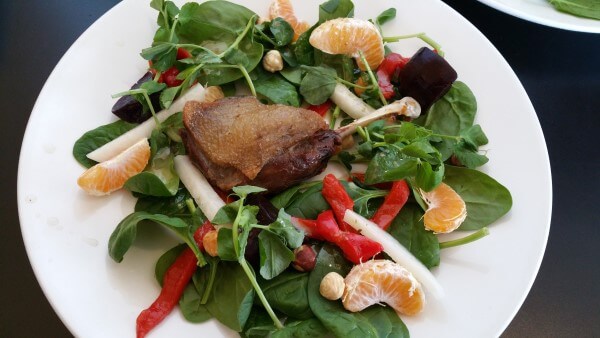
Managing emotions in the face of loss of confidence
Perhaps the greatest risk in dealing with ageing and self confidence is managing one’s own emotions. I know for me fear can be a powerful force. I have never been really confident in the ocean but I wasn’t always as nervous as I am now. I fear my dodgy ankle will let me down and that if I get knocked down I won’t be able to get up. Perversely I love the feeling of salt on my skin and I want to get back into (relatively calm) ocean water. It’s part of my plan for living on the Sunshine Coast. So along with improving my strength and getting my ankle healed I need to give myself a good talking to; I need to change my script from ‘I can’t do that’ to ‘I can do that’. Another tool I can use will be visualisation to both dissolve my fears but also to see myself enjoying the ocean.
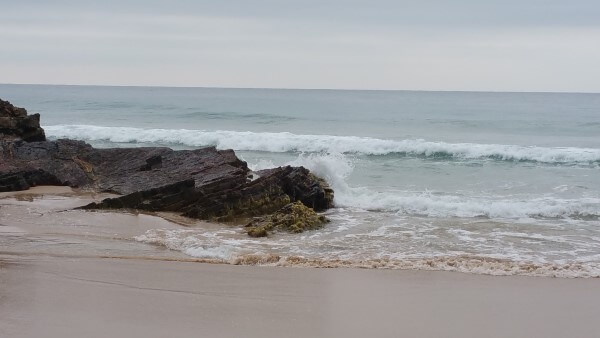
There is a lot of information available on how to improve confidence at any age, do take the time to find what works for you
Summing up ageing and self confidence
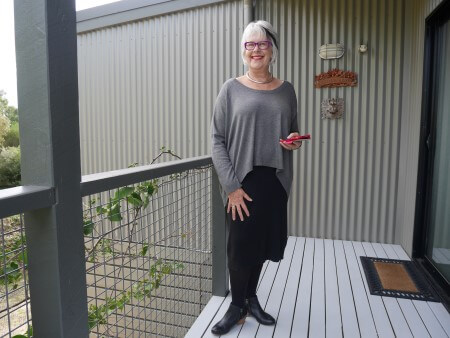
On the positive side of the ledger I am much more confident in myself as a person. Despite my physical and mental limitations I feel much more confident in who I am and how I present myself to the world. I no longer feel like I need to follow rules devised by others and I generally have a stronger sense of self and my personal compass for navigating the world. So perhaps it is true that as self esteem and ageing can wax in some aspects and wane in others. Now to continue to tackle the weaknesses and leverage the strengths, isn’t that what life is about?
Another tip for feeling great is to discover and enjoy wearing your ideal retirement clothes
And if you are struggling with some body issues at midlife and beyond, I share my tips for hiding those figure flaws.
How is your self confidence as you age? Do you feel more or less confident? Are you better in some areas, and worse in others? What tools do you use to maintain your physical and mental agility and to manage your emotional responses to any weaknesses?
